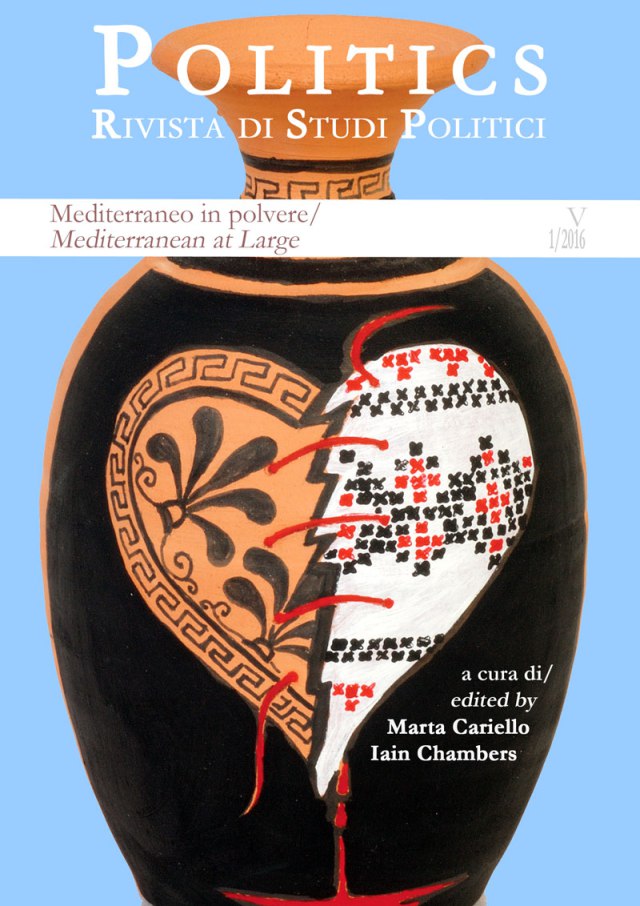Tunisia’s Endangered Exception: History at Large in the Southern Mediterranean
Abstract
This article explores some facets of the relation between Tunisia’s post-independence political bequeathals and the legacy of a political memory that, today, is being sabotaged and rendered fugitive, not least through the acts of terror that have recently hit the country and crippled its tourist economy. Arguing that Tunisia’s democratic trajectories are at stake today and risk being “orphaned” of their history of reformist precedents accrued over the past one hundred and fifty years, the author reflects on the current political state of play in Tunisia and makes a case for a restored dialectic of interchange with specific luminary tenets of Tunisia’s latenineteenth and early-twentieth century enlightenment movement. The engendering of political subjectivities in post-revolutionary Tunisia and the piecing together of its multifaceted national imaginary require today what Balibar would term a «differentiation» of the change towards a non-despotic democratisation brought about in 2011.Downloads
Download data is not yet available.
Pubblicato
2016-07-21
Sezione
Articoli
Copyright (c) 2016 Norbert Burgeja

This work is licensed under a Creative Commons Attribution-NonCommercial-ShareAlike 4.0 International License.
In conformità col Public Knowledge Project, la rivista accoglie l'uso di una licenza CREATIVE COMMONS license CC Attribuzione - Non commerciale - Condividi allo stesso modo 4.0
http://creativecommons.org/licenses/by-nc-sa/4.0

